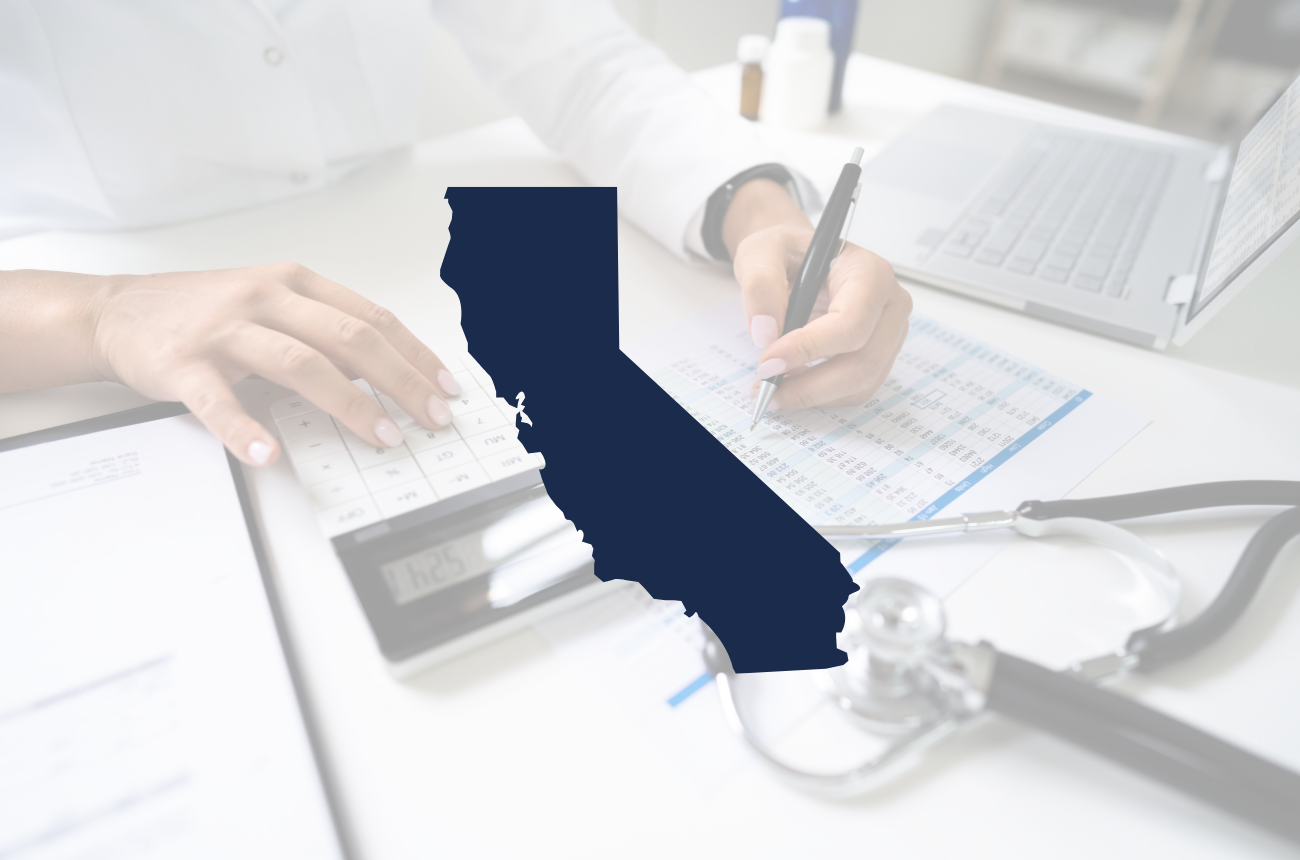As the demand for hormone replacement therapy (HRT) grows, many functional and integrative medicine providers are expanding their services across state lines using telehealth. But offering HRT remotely isn’t as simple as scheduling a video call. If you're planning to serve patients in multiple states, you need to navigate a complex web of licensure rules, prescribing laws, lab ordering regulations, and pharmacy fulfillment logistics.
In this guide, we’ll take a deep dive into how to legally offer HRT via telehealth across state lines, so you can scale your practice while staying compliant.
Why Multi-State HRT via Telehealth Is in High Demand
Patients dealing with hormone imbalances are increasingly turning to online providers for care that traditional systems often overlook. Whether it's menopause management, testosterone replacement, or thyroid optimization, HRT lends itself well to a virtual-first model.
But unlike general wellness coaching, prescribing controlled substances, ordering labs, and delivering compounded medications all require medical licensure and compliance at the state level. That’s where things get tricky.
1. Understand Multi-State Medical Licensure Requirements
To legally diagnose, prescribe, or treat a patient in another state, you must hold a valid license in the state where the patient is located at the time of the telehealth visit. Here's how to navigate that:
Medical Doctors (MDs/DOs):
- Use the Interstate Medical Licensure Compact (IMLC): This offers an expedited path to licensure in over 30 participating states.
- Apply separately in non-compact states: States like New York and California are not part of the IMLC and require independent applications.
Nurse Practitioners (NPs) and Physician Assistants (PAs):
- State-by-state variability: Nurse practitioner autonomy and PA supervision laws vary. Some states require a collaborating physician for NPs, others don’t.
- Check prescriptive authority laws: In some states, NPs need additional certification to prescribe HRT-related medications, especially controlled substances.
Pro tip: Use tools like the FSMB Licensure Lookup and the NCSBN APRN Consensus Model to research licensing requirements.
2. Know the Rules Around Lab Ordering and Interpretation
Functional and integrative HRT protocols typically rely on extensive lab work—from hormone panels to micronutrient testing. But not every state lets you order and interpret labs across borders.
What to Know:
- Lab ordering must be done by a licensed provider in the patient’s state.
- Some national labs (e.g., Labcorp, Quest) accept out-of-state provider orders only if the provider holds a valid license for that state.
- CLIA waivers are required if you’re running tests in-office, but not for standard lab orders.
Best Practices:
- Partner with national lab networks that support multi-state ordering.
- Ensure your EMR supports lab integrations with multiple lab vendors.
- Provide patients with pre-filled requisition forms and detailed instructions for sample submission.
3. Telehealth Prescribing Rules for HRT Medications
Prescribing HRT across state lines via telehealth requires strict adherence to federal and state-specific telemedicine laws—especially for controlled substances like testosterone.
Controlled vs. Non-Controlled Medications:
- Estrogen and progesterone (oral or topical) are typically not controlled substances and easier to prescribe across states.
- Testosterone (including pellets, gels, and injections) is a Schedule III controlled substance and subject to DEA rules.
Key Regulations:
- Ryan Haight Act: Traditionally required an in-person visit before prescribing controlled substances via telehealth. During the COVID-19 public health emergency, this was waived—but new regulations are expected to take effect in 2025.
- State telehealth prescribing laws: Some states still require an in-person visit for any HRT prescribing, even if federal law does not.
Important: Always check both federal and state-specific laws before prescribing HRT online. Violations can lead to loss of licensure or DEA registration.
4. Navigating Pharmacy Fulfillment for Multi-State Patients
Once a prescription is written, the next hurdle is ensuring legal and timely medication delivery. This gets complicated when working with compounding pharmacies or controlled substances.
Compounding Pharmacies:
- Choose pharmacies licensed in multiple states or with national fulfillment capabilities.
- Ensure they can legally ship hormone therapies to your patients’ state.
E-Prescribing Compliance:
- Use an EPCS (Electronic Prescribing of Controlled Substances) certified system.
- Confirm your EMR integrates with national pharmacy networks or your preferred compounding pharmacy.
Shipping Medications:
- Controlled substances can only be shipped under strict DEA-compliant processes.
- In some states, compounded medications must be dispensed by a pharmacy physically located in that state.
Tip: Build relationships with 2–3 trusted compounding pharmacies that specialize in HRT and have a broad state licensure footprint.
5. Use the Right Telehealth & EMR Platform to Stay Compliant
Technology is your compliance partner. Look for a platform that supports:
- Multi-state practice management tools
- Integrated lab ordering with Quest, Labcorp, and specialty labs
- HIPAA-compliant telehealth with consent tracking
- Secure e-prescribing for both controlled and non-controlled substances
- Automated superbills and state-specific documentation requirements
Why OptiMantra Works:
OptiMantra was built for integrative and functional practices expanding across states. It supports e-prescribing, lab integrations, patient portals, and telehealth—all in one HIPAA-compliant system. With customizable charting and superbill automation, it helps you scale your HRT practice without getting lost in admin.
Final Thoughts: Grow Your HRT Practice the Right Way
Expanding your HRT services across state lines can open the door to massive growth and impact—but only if you do it right. Navigating licensure, lab laws, telehealth prescribing, and pharmacy fulfillment can feel overwhelming, but with the right plan (and platform), it becomes manageable and scalable.
Key Takeaways:
- Always hold a valid license in the patient’s state
- Know the rules for lab orders and test interpretation
- Stay compliant with telehealth prescribing regulations
- Partner with nationally licensed compounding pharmacies
- Use a platform like OptiMantra to streamline your workflows
OptiMantra simplifies the complex. From telehealth and labs to prescriptions and patient communication, our platform gives you the tools to grow your HRT practice legally and confidently—no matter where your patients live.
Try OptiMantra for free here to see how you can expand with compliance, ease, and confidence.





